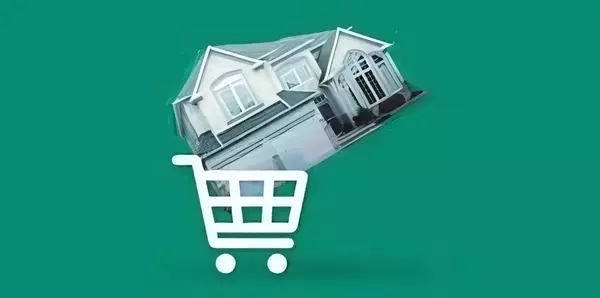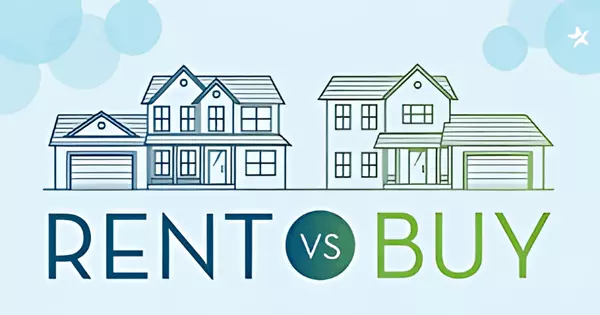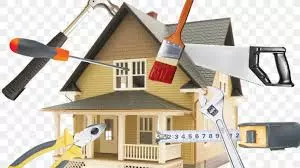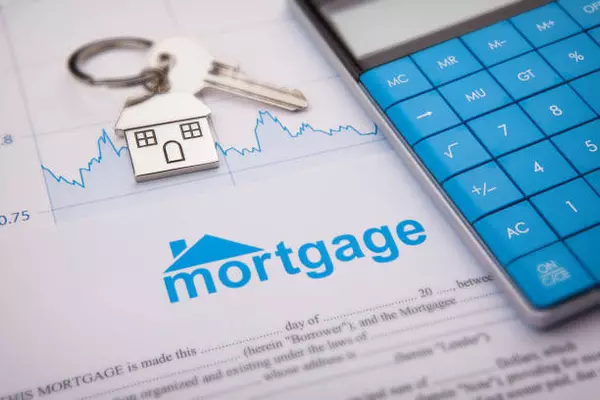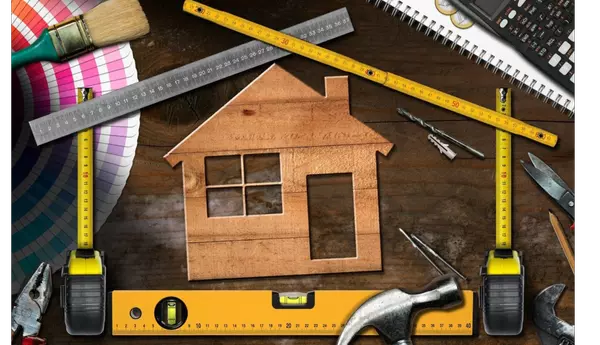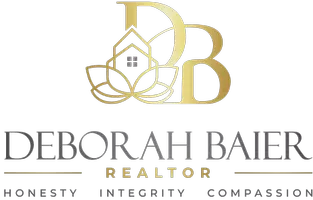Where to Start When Purchasing a Home

Applying for a house mortgage can be a significant step towards homeownership. One of the first steps is to talk with a trusted lender and Real Estate Agent to help identidy whether or not you are in a position to start the process. Here's a general guide on how to apply for a mortgage:
1. Assess Your Financial Situation: Before applying for a mortgage, evaluate your financial health. Check your credit score, review your income, savings, and debts to get a clear picture of your financial capacity. Depending on the type of loan depends on how much you will need for a downpayment and closing cost. It's recommended that a reserve of no less than $6,000 or more to cover incedentials and potential repairs.
2. Determine Your Budget: Based on your financial assessment, determine how much you can afford to spend on a house. Lenders typically use a debt-to-income ratio (DTI) to evaluate your ability to repay the mortgage.
3. Research Mortgage Options: There are various types of mortgages available, such as fixed-rate mortgages, adjustable-rate mortgages, FHA loans, VA loans, etc. Research different mortgage options to find the one that best suits your needs.
It is helpful to connect with a Real Estate Agent to help navigate options and lenders that can work with the various programs that work the best for you and your situation.
4. Gather Necessary Documents: Prepare the required documents for the mortgage application. Commonly needed documents include:
- Identification (driver's license, passport, etc.)
- Proof of income (pay stubs, tax returns, W-2 forms)
- Bank statements
- Proof of assets (investments, real estate, etc.)
- Employment history
5. Find a Lender: Research and compare mortgage lenders to find the one offering the best terms and interest rates. You can approach banks, credit unions, or mortgage brokers.
6. Get Pre-approved: Consider getting pre-approved for a mortgage before house hunting. Pre-approval will give you a clearer idea of your budget, making it easier to narrow down your search.
7. House Hunting: Once you have pre-approval, start looking for a house within your budget. Keep in mind additional costs like property taxes, insurance, and closing costs.
8. Make an Offer and Secure Financing: Once you find the right house, make an offer. If your offer is accepted, you'll need to secure financing by finalizing your mortgage application with the lender.
9. Underwriting Process: The lender will review your application, credit history, and documentation during the underwriting process. This step ensures you meet their lending criteria.
10. Home Appraisal: The lender will arrange for a professional appraisal of the property to determine its value.
11. Loan Approval and Closing: If everything checks out, the lender will approve the loan, and you can proceed to the closing stage. At the closing, you'll sign the final paperwork and pay any remaining closing costs.
It's essential to be thorough and organized throughout the process, as buying a home is a significant financial decision. Seeking advice from a mortgage professional or financial advisor can also be helpful to ensure you make the best choices for your specific situation.
Categories
Recent Posts
